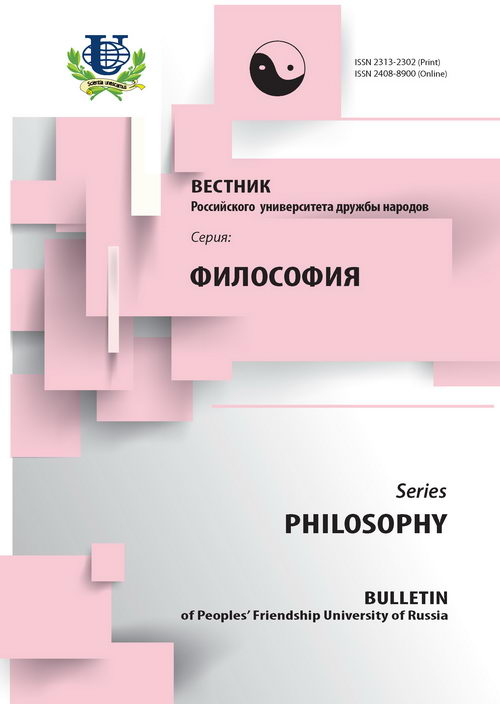Post-Anthropocentric Antihumanism vs. an Other Humanism as a Humanism of the Other
- Authors: Tlostanova MV1
-
Affiliations:
- The Russian Presidential Academy of National Economy and Public Administration
- Issue: No 1 (2015)
- Pages: 33-48
- Section: Articles
- URL: https://journals.rudn.ru/philosophy/article/view/11520
Cite item
Full Text
Abstract
The article offers a comparative analysis of largely Western post-anthropocentric antihumanism in its main versions - reactive, technocratically apologetic and critical, and the non-Western humanism as a reiteration of the importance of humanist premises that have never been fulfilled in relation to liminal subjects of modernity deprived of their right to be considered human. The author discusses in detail the intersections and divergences between the Western theories of affect and the decolonial geopolitics and body-politics of knowledge, being, perception, demonstrating that many “discoveries” of the affective turn have been long ago represented in the non-Western theorizing remaining unknown or non-legitimate in the eyes of the mainstream scholarship. This problem has become particularly acute in the context of the discussion of the human, natural and animal, the decentration of the human being as a species and the erasing and destabilizing of the seemingly stable modern boundaries and hierarchies between the human and the natural. The second part of the article focuses on the further problematization of the border between humans and animals in the frame of the so called “autistic regard” which may be expressed both in the form of a scientific experiment and in the form of a performance which is often more efficient.
About the authors
M V Tlostanova
The Russian Presidential Academy of National Economy and Public Administration
Email: mydina@yandex.ru
Department of Philosophy
References
















